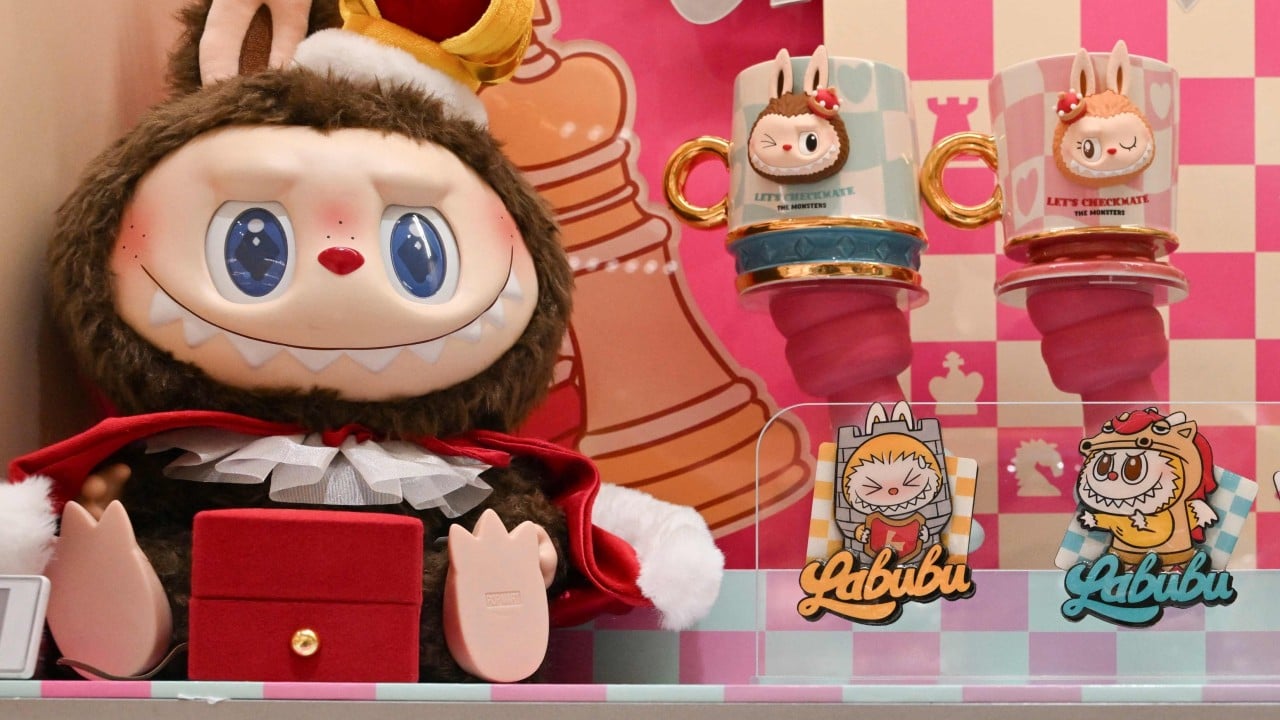Stock investors are capitalising on the spending power of China’s Generation Z consumers, who splurge on everything from gold jewellery to low-priced drinks, delivering multifold returns on so-called new consumer stocks.
Advertisement
The ascent of Pop Mart International Group, Mixue Group and Laopu Gold is one of the few bright spots in China’s sluggish consumer industry, which has been plagued by a weak jobs market and the deflationary trend. The robust performance has come at the cost of traditional industry names, including liquor producer Kweichow Moutai, with traders pulling out of what were once their favourite stocks.
Shares of Hong Kong-listed Pop Mart, a Chinese toymaker that owns blockbuster intellectual property (IP) Labubu, have surged almost 600 per cent over the past year, while Mixue, a chain store that sells low-priced soft drinks and ice cream, has seen its stock more than double since its listing in February.
Laopu Gold, a jeweller that aims to brand itself as China’s Hermès, has seen an even bigger eye-popping performance with a 23-fold surge in stock price over the past 12 months.
“Investors’ risk appetite is changing, and the market focus is shifting to those ‘new consumer’ names that have the potential for valuation expansions and tell ‘transition’ stories,” said Zhao Wenli, a strategist at CCB International in Hong Kong. “We haven’t seen a clear growth ceiling for new consumption. It represents the new direction for consumption upgrades in the future.”
Advertisement
The growth of the Gen Z demographic – referring to those born between 1995 and 2010, and estimated at more than 200 million in number – underscores the impact of China’s younger generation on its economy and consumer behaviour. The US had a similar story, with baby boomers propelling the fortunes of a slew of big stocks, including Walmart in the 1980s. Meanwhile, China’s neo-consumers have also profoundly affected the investment playbook, prompting fund managers to learn more about their mentality for clues on stock picks.

